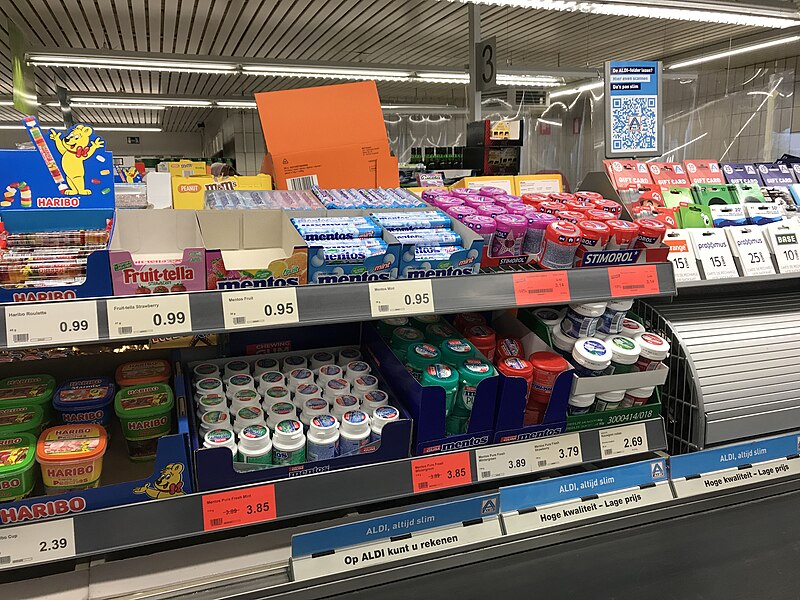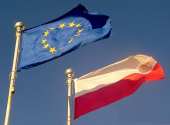
Belgium stands out among OECD countries as one of the few nations experiencing an increase in purchasing power, according to recent data released by the Organisation for Economic
Cooperation and Development. While many member countries have seen a decline in purchasing power due to inflation, Belgium has managed to buck the trend.
The surge in consumer prices, fueled by post-pandemic recovery and unprecedented energy costs following Russia's incursion into Ukraine, has led to a sharp rise in inflation throughout 2022. In October, inflation reached an average of 10.7% across the 38 OECD countries.
Comparing the first quarter of 2023 to the same period in 2022, real wages, on average, dropped by 3.8%. Hungary (15.6%), Latvia (13.4%), and Czechia (10.4%) experienced the most significant declines in purchasing power.
However, a handful of countries saw an increase in real wages. Belgium, with a notable rise of 2.9%, stood out due to the automatic indexation of wages. The Netherlands (0.4%) and Israel (0.6%) also witnessed modest gains, while Costa Rica experienced a 1.7% increase.
In terms of nominal wages, three countries reported larger increases than Belgium (10.1%): Lithuania (13.6%), Estonia (11.4%), and Poland (10.8%). However, as the inflation rate in these countries remained considerably higher than in Belgium, their purchasing power ultimately declined.
The figures highlight Belgium's ability to navigate economic challenges and maintain a relatively positive trajectory in terms of purchasing power, setting it apart from many other OECD nations.








































